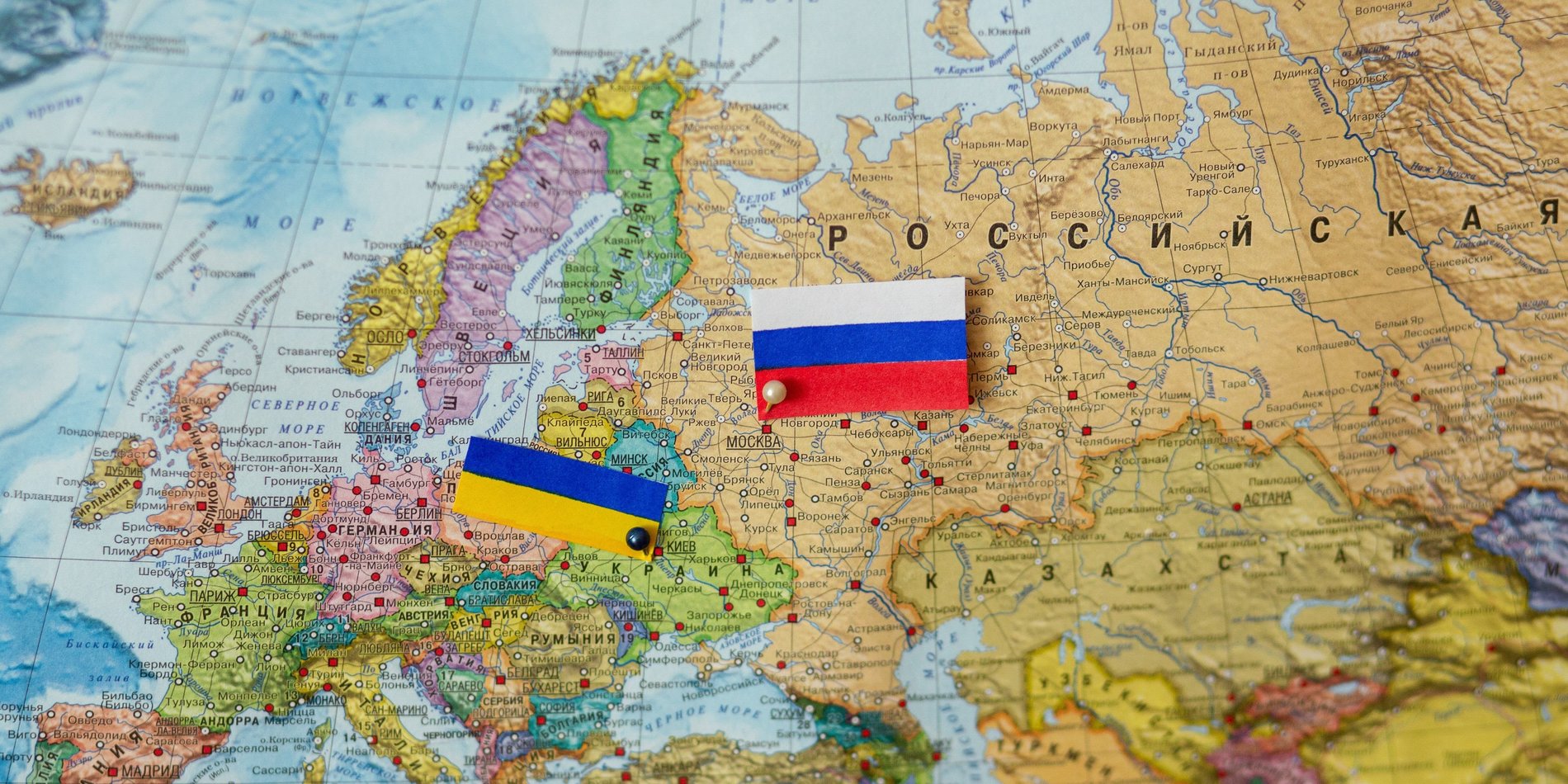Is national security separable from global security?
“In 1945, at the end of World War II, the United States homeland was inviolate.”
“We could not be touched. We could not be attacked,” said Martin Hellman, Stanford professor emeritus of electrical engineering, at a recent seminar at the Stanford Center for International Security and Cooperation (CISAC). But 73 years and trillions of dollars spent improving national security later, we can now be destroyed in under an hour, he said.
The term for pushing an otherwise logical line of reasoning to an absurd conclusion is reductio ad absurdum, Hellman explained. In mathematics, “it is surefire proof … that at least one of the assumptions that you had in your foundation is false,” Hellman said. “Now there are other possible explanations here, but there’s an indication that we ought to look at the assumptions that underlie our thinking about national security and see if any of them might be questionable.”
Hellman outlined some of those key assumptions, starting with the overarching question of whether national security is separable from global security in the age of terrorism and nuclear, biological and cyber weapons. Hellman then raised questions about everything from the effectiveness and long-term viability of nuclear deterrence to the unintended consequences of expanding alliances like NATO and the notion that the U.S. is the world’s sole remaining superpower. “What advantage—and disadvantage, even more importantly—does being the world’s sole conventional superpower convey?” Hellman asked.
“Are we unwittingly encouraging nuclear proliferation by acting as if we are the world’s sole superpower?”
In short, Hellman said, if even one of these assumptions is questionable, then we ought to rethink national security on a fundamental level. “Where we are right now is an unstable state in the nuclear age,” he said. “Where we need to go is to a stable state, but if we just try jumping there that would also be unstable.” But thanks to the guardians working to keep our nation secure in combat arenas and at negotiating tables across the world, Hellman said, we have the ability to pose a new vision of what we could be doing to make the world a safer place. “Let’s start with a clean slate,” Hellman said. “Not on the battlefields, but in the think tanks.”



